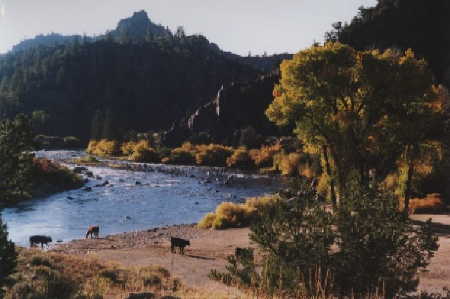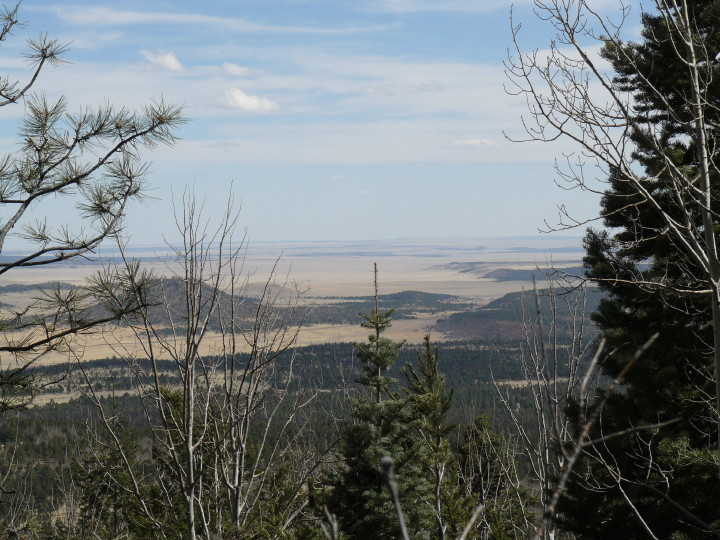 EXCERPT:
EXCERPT:"We are not going to be like other states that drilled first and asked questions later,".....
COMMENT:
Proactive protective stances take courage on the part of elected officials when it comes to standing up to corporations who are ready to take "all" for themselves, their board of directors, and shareholders, leaving travesty on the land for those living at "ground zero."
State representatives introducing protective bills, Community Rights Ordinances protecting water and local self governance, and an involved citizenry add up to an act of democracy that bears the fruit of not only a protected land, but the will of the people.
Maryland lawmakers vote to ban fracking
By Brett Michael Dykes
Concerns continue to mount nationwide over the environmental hazards the natural gas industry may create via the controversial extraction process known as "fracking"--the fracturing of underground shale to access gas reserves. Cities have banned the practice, while energy investors are pressing natural gas companies to disclose more information on fracking. And in the latest legislative pushback, the Maryland House has voted to ban fracking in the state.
"We're not going to be like other states that drilled first and asked questions later," Maryland Delegate Heather R. Mizeur, the bill's sponsor, told the Washington Post. "We understand that second chances are expensive, so we should slow down and take the time to do this right the first time."
The bill's language restricts gas companies from drilling operations until the state's Department of the Environment completes a two-year study to evaluate potential fracking-related hazards to drinking water supplies and public health.
Maryland is among several northeastern states sitting atop the Marcellus Shale formation, which contains what geologists say is one of the largest natural gas reserves in the world. New York and New Jersey, which also are above the Marcellus formation, recently instituted similar moratoriums, as did the city of Pittsburgh.










